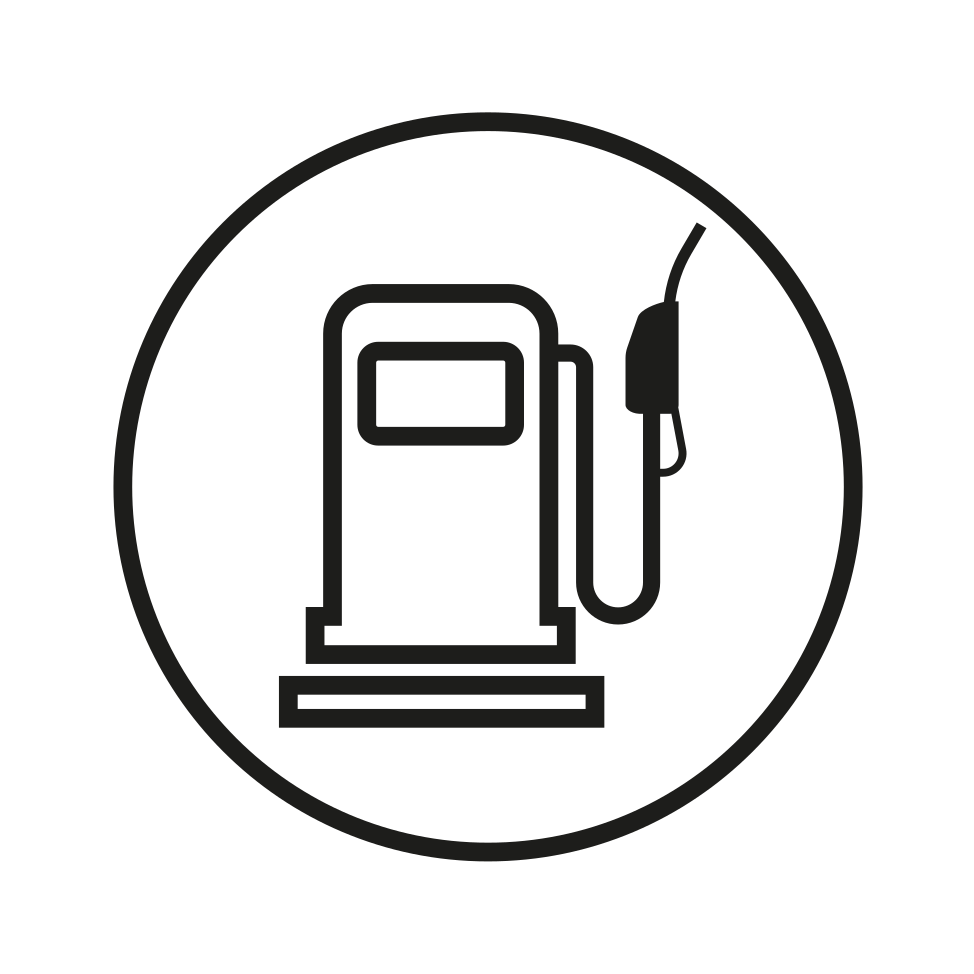Corrosion-resistant, efficient, reliable:
Heat exchangers for demanding chemical processes
A country’s consumption of H2SO4 indicates its level of industrialisation. Over the last 10 years, worldwide consumption has grown by 25%. About 17% of global sulphuric acid is used in 20 chemical processes, including for phosphoric acid, titanium oxide, ammonium and metallurgical applications. Manufacturing basic chemicals is energy-intensive and producers face the challenges of obtaining reliable electricity supplies at competitive prices and complying with increasingly strict environmental and safety regulations.
sulphuric acid, along with many other chemicals, is highly corrosive and requires careful handling. Any equipment that comes into contact with it must be able to withstand its corrosive effects. At Kelvion we understand the importance of selecting the right material for the task. For sulphuric acid production, we offer gasketed plate heat exchangers with special alloy materials to suit the process requirements. Plate heat exchangers provide the highest heat transfer rates and are easy to maintain.
With the right material selection for plates and gaskets, we ensure a long life cycle. Where additional safety is required, we provide laser-welded cassettes in which the critical medium flows in hermetically sealed plate gaps. Our fully welded K°Bloc is the right choice for processes using hazardous media. For example, chlorine gas from chlorine alkali electrolysis – used to produce chlorine, hydrogen and sodium hydroxide - can be safely cooled down in a K°Bloc unit. With our extensive process and engineering knowledge, we ensure that customers have the right cooling or heating solution for their chemical production plants.








